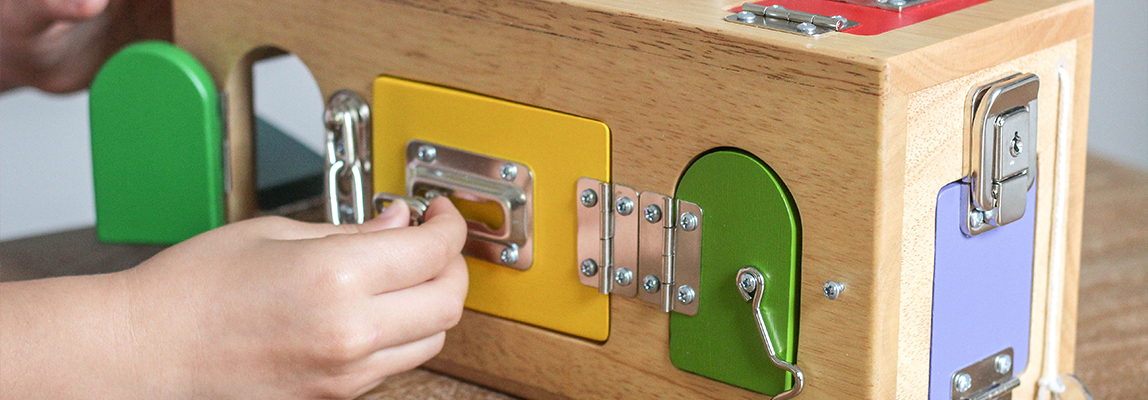Dress Up, Dream Big: How Costumes Help Children Thrive
Author: Paul Kuiters Date Posted:19 July 2024
.jpg)
Remember when you were a child, the feeling of wonder and excitement as you stretched the boundaries of your imagination? Pretend play wasn't just about dressing up as a child – it was a vehicle to a world of boundless imagination, where you could be anyone or anything. Today we are exploring how pretend play offers significant benefits for children of all ages.
Building Social Skills Through Shared Adventures
When children play together, they weave shared stories, solve problems and negotiate the twists and turns of their make-believe world. Costumes help bridge reality and fantasy, enhancing the power of these imaginary worlds. For instance, a group of kids dressing up as doctors before they huddle around a teddy bear patient to treat a mysterious case of the sniffles. Or an elegant princess hosting a grand tea party with her friends, each guest bringing their unique flair and personality to the table. Through costume play, children learn to cooperate, share, and navigate different perspectives – all while having a ton of fun!
Empowering Shy and Non-Verbal Children
Costumes have an almost magical way of empowering children who find it difficult to express themselves. Getting into character allows them to experiment with different personalities and communication styles. For example, a quiet child might don a superhero cape and suddenly find their voice, excitedly narrating their daring rescue mission as they dash around the room, rescuing stuffed animals from imaginary dangers. Dress-up provides a safe space to practice social interaction and build confidence in self-expression.
For children who struggle with spoken language, pretend play can offer a safe space to practice communication and social interaction. They can practice observing and interacting through actions, gestures, facial expressions and eye contact as they act out roles and collaborate with others. This can be a helpful method of building social skills and allowing them to initiate interaction without relying solely on words.
Building Emotional Intelligence
Beyond communication, costumes provide a platform for exploring emotions. A child who is dreading a trip to the dentist might feel more prepared and in control by dressing up as a dentist themselves and examining their favourite teddy bear’s teeth. This allows them to process the upcoming experience in a safe and familiar way. They can act out the entire scenario with a sibling or parent, from meeting the patient to laying them back and examining their teeth.
Costume play can be just as helpful for other potentially anxiety-inducing experiences, such as a first haircut, a trip to the doctor's office, or even going to a new school. By acting out the experience in a safe and controlled environment, children can face their anxieties head-on and develop coping mechanisms for dealing with unfamiliar situations.
The Real Superpower of Costume Play
Ultimately, it's about the joy of triumph, the satisfaction of putting on the costume and stepping into their chosen character. Even as they navigate the challenges of putting on the costume, they learn persistence, and problem-solving skills while building confidence in their abilities. This newfound confidence translates into the real world, giving them the courage to raise their hand in class, participate in group activities, and face new situations with a sense of optimism and self-belief.
Great Pretenders: Quality Costumes for Imaginative Play
Great Pretenders offers a huge range of quality costumes that ignite imagination and empower children to tell their own stories. From Fairy Wings and Superhero Capes to Wizard cloaks and Dragon masks, Great Pretenders' costumes are designed to inspire creativity and open-ended play for years to come.
Browse the full range of Great Pretenders costumes and accessories here.



